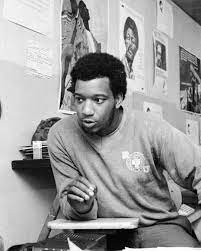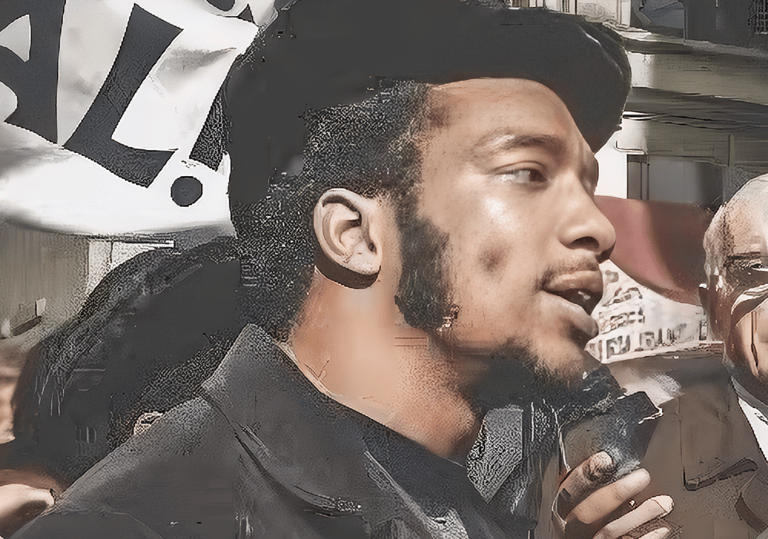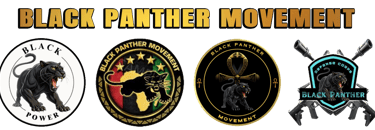3724 n. Parker Ave Indianapolis, Indiana 46218
Fred Hampton




In November 1968, Hampton helped found the Illinois chapter of the Black Panther Party. From his base in Chicago, he served as chairman of this local chapter. Though Hampton was just 20, he became a respected leader in the Party, aided by his talent for public speaking and experience in community organizing that included work with the NAACP.
As a Black Panther, Hampton arranged for community services such as free breakfasts and health clinics. He also oversaw the formation of a "Rainbow Coalition" between the Panthers and local gangs like the Puerto Rican Young Lords and the white Young Patriots, whose families had migrated from Appalachia. Unfortunately, Hampton's successes and rising profile resulted in negative attention from law enforcement.
FBI Director J. Edgar Hoover once declared that the Black Panther Party was "the greatest threat to the internal security of the country"; he also feared the "rise of a messiah that would unify and electrify the militant nationalist movement." To counter these perceived threats, the Bureau's Counter Intelligence Program, known as COINTELPRO,sought to discredit and undermine Black groups and leaders. Two weeks before his death, Hampton was added to the FBI's Agitator Index, a list of people Hoover considered potential threats to national security.
Local law enforcement also pursued Hampton. While he was appearing on television in January 1969, Chicago police arrested him on an old traffic warrant. Later that year Hampton went on trial for stealing ice cream bars in the Chicago suburb of Maywood in 1968 (a charge he denied). Hampton was convicted and sentenced to two to five years in prison. Tensions between the Panthers and police also rose when two officers and a Black Panther were killed during a November 1969 shootout.Authorities felt Hampton's role in the Party linked him to the police deaths, though he was out of town when the confrontation took place.
Hampton wasn't the only Panther who was under pressure. Other party members had been killed, were behind bars, or had left the United States. With leaders like Huey P. Newton and Bobby Seale out of commission while facing criminal charges, Hampton was elevated to national spokesman for the party shortly before his death.
© 2024. All rights reserved.


